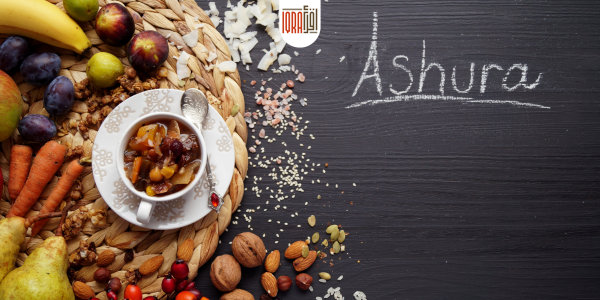Ablution, commonly known as Wudu, is an integral ritual for Muslims, emphasizing both spiritual purity and physical cleanliness. However, as vital as it is to perform Wudu, understanding what breaks wudu is equally, if not more, crucial. For those embarking on this enlightening journey, let’s explore the seven pivotal actions and events that break your wudu. And for those eager to delve even deeper, our Fiqh course on Islamic Jurisprudence is an excellent starting point.
1. Natural Bodily Discharges
The most fundamental factors that break wudu include natural bodily excretions. This encompasses urine, feces, and the passing of gas. Upon experiencing these discharges, renewing your Wudu becomes essential before recommencing acts of worship.
Reason: These are seen as impurities that can act as barriers during one’s prayer.
Reference: “Or one of you comes from the place of relieving himself…” – Quran, Al-Ma’idah 5:6
2. Entering a Deep Sleep
A fleeting nap might not disrupt your Wudu, but a deep, unaware slumber does. During profound sleep, unconscious discharges can occur, thus necessitating a fresh Wudu. Platforms like IslamicFinder have extensively discussed this aspect.
Reason: Deep sleep makes a person unaware of their surroundings and bodily functions.
Reference:
Narrated Ali: The Prophet said, “The eye is the string of the anus, so whoever sleeps should perform ablution.” – Sahih Al-Bukhari
3. Direct Touching of Private Parts
Skin-to-skin contact with one’s genitals, without any barrier, is a widely acknowledged event that breaks wudu. Based on numerous Hadiths, this rule is firmly rooted in Islamic teachings.
Reason: Physical contact with the private parts without a barrier can lead to sexual arousal, thus breaking one’s state of purity.
Reference: “Whoever touches his private part should perform ablution.” – Sahih Muslim
4. Experiencing Loss of Consciousness
Any loss of consciousness, whether due to fainting or intoxication, renders the prior Wudu null and void.
Reason: A person becomes unaware of their state, similar to deep sleep.
Reference: There isn’t a specific Hadith or Ayah detailing this, but it’s a consensus among scholars derived from the concept of awareness in Wudu.
5. Consumption of Camel Meat
As cited in various Hadiths, the intake of camel meat stands as a unique factor that breaks your wudu. If this revelation surprises you, we strongly recommend exploring the deeper nuances in our Fiqh course.
Reason: It’s believed that camel meat has certain properties that can disrupt one’s purified state. Reference: The hadeeth of Jaabir: the Prophet (peace and blessings of Allaah be upon him) was asked, Should I do wudu after eating camel meat? He said, Yes. The person said: Should I do wudu after eating mutton? He said, If you wish. (Narrated by Muslim, 360).
6. Profuse Blood Discharge
When blood is shed in abundance, from wounds or nosebleeds, a renewal of Wudu becomes necessary. Esteemed institutions like Al-Azhar University have underlined the importance of cleanliness in acts of worship.
Reason: Blood is considered an impurity in Islam.
Reference: “And if you are in a state of janabah, then purify yourselves.” – Quran, Al-Ma’idah 5:6. Although it talks about janabah, the underlying theme is purification, which scholars extend to include major impurities like profuse bleeding.
7. Vomiting Substantial Amounts
Ejecting a mouthful or more through vomiting is also categorized among events that break your wudu. The volume plays a decisive role here.
Reason: Expelling impurities from the body can invalidate Wudu.
Reference: This is more based on scholarly consensus rather than a direct Hadith or Ayah.
Conclusion
Grasping what breaks wudu is imperative for every practicing Muslim. It accentuates Islam’s dedication to spiritual and physical cleanliness. To foster this understanding and further enlighten your journey, consider registering for our program. Our specialized Fiqh course on Islamic Jurisprudence is meticulously curated to offer profound insights into such essential Islamic practices.





0 Comments
Oops comments are disabled